The Future of Work: Will AI Replace or Enhance Human Jobs?
Introduction
As we stand on the precipice of a technological revolution, the question of whether artificial intelligence (AI) will replace or enhance human jobs looms large. The predictions paint a futuristic landscape where machines perform tasks previously reserved for humans. However, the debate is nuanced and multifaceted. This article explores the implications of AI on the future of work, considering its potential to replace certain jobs while simultaneously enhancing others, thus transforming the job market.
Understanding Artificial Intelligence
Artificial intelligence encompasses a range of technologies that allow machines to learn from data, recognize patterns, and make decisions. From automated customer service chatbots to advanced algorithms that can analyze vast amounts of data, AI is already disrupting traditional work environments. Various domains, including manufacturing, healthcare, finance, and even the creative industries, are witnessing profound changes brought about by AI.
The Spectrum of AI Applications
AI can be broadly categorized into two types: narrow AI and general AI. Narrow AI refers to systems designed to perform specific tasks, such as image recognition or natural language processing. On the other hand, general AI involves systems that possess the ability to understand or learn any intellectual task that a human can do. Most current AI applications fall under the narrow AI category, focusing on specific functions that enhance efficiency and productivity.
The Potential for Job Replacement
Industries at Risk
Numerous reports suggest that a significant proportion of jobs could be at risk due to AI. According to a study by McKinsey Global Institute, up to 800 million jobs may be displaced by automation by 2030, affecting a range of sectors. Jobs that involve routine tasks, such as assembly line work, data entry, and even some aspects of customer service, are particularly vulnerable.
Low-Skill Jobs Under Threat
Low-skill jobs are often the first to be affected by automation. Many entry-level positions, particularly in sectors like retail and customer service, can be easily replaced by AI systems. For example, automated checkout machines have already started to replace cashiers in grocery stores. This trend raises concerns about job security for the most vulnerable workers and underscores the need for policy interventions to support affected individuals.
The Emergence of New Job Opportunities
While AI poses a threat to certain jobs, it also has the potential to create new ones. McKinsey estimates that AI could create 20 million new jobs in the United States alone by 2030, particularly in fields requiring human creativity and emotional intelligence, such as healthcare, education, and technology.
High-Skill Jobs on the Rise
In an AI-dominated future, high-skill jobs that require critical thinking, problem-solving, and creativity are likely to see increased demand. Roles such as data scientists, AI specialists, and ethicists are expected to grow significantly. These jobs require a deep understanding of technology, making them less susceptible to automation.
Human-AI Collaboration
The most compelling argument for the enhancement of human jobs lies in the potential for collaboration between humans and AI. By automating routine and repetitive tasks, AI can free up time for human workers to focus on more complex and strategic aspects of their roles. This synergy can lead to increased productivity and job satisfaction. For instance, in the medical field, AI can assist doctors in diagnosing conditions, allowing them to spend more time on patient care.
The Role of Education and Reskilling
Upskilling the Workforce
As the job landscape evolves with the incorporation of AI, the need for reskilling and upskilling the workforce becomes paramount. Workers must adapt to new technologies to remain relevant in their fields. Businesses and governments must invest in training programs that equip individuals with the skills necessary to thrive in an AI-augmented future.
Lifelong Learning
The concept of lifelong learning is gaining traction in discussions about the future of work. Workers will need to embrace continuous education and training to adapt to an ever-changing technological landscape. Online courses, workshops, and vocational training programs can play a pivotal role in this transformation.
The Role of Higher Education
Higher education institutions must also evolve to prepare students for the complexities of the modern job market. Incorporating AI, data analytics, and interdisciplinary studies into curricula can help equip future generations with the skills they need.
Ethical Considerations in AI Deployment
The integration of AI into the workforce raises important ethical questions. As machines take on more responsibilities, concerns arise about privacy, bias, and accountability.
Bias in AI Systems
One pressing issue is the potential for bias in AI systems. If AI is trained on biased data, it can perpetuate existing inequalities. For example, biased algorithms in hiring processes can lead to discrimination. Addressing these concerns requires collaboration between technologists, ethicists, and policymakers to ensure fairness in AI deployment.
Data Privacy
As AI systems gather vast amounts of data, individuals’ privacy becomes a critical concern. The balance between leveraging data for AI advancement and protecting individuals’ rights is an ongoing challenge. Regulations governing data privacy, such as the General Data Protection Regulation (GDPR) in Europe, provide frameworks for navigating these complexities.
The Impact on Organizational Culture
Shift in Workplace Dynamics
The advent of AI in the workplace is expected to reshape organizational culture. Companies that embrace AI will need to foster a culture of innovation, encouraging employees to experiment, learn, and adapt. This shift can empower workers, enabling them to take ownership of their roles and contribute to organizational growth.
Collaboration and Teamwork
AI can enhance collaboration among team members by providing data-driven insights and automating routine communication. By streamlining workflows and allowing for more effective collaboration, AI can foster a more inclusive and dynamic workplace.
The Global Perspective
Variations Across Economies
The impact of AI on jobs will not be uniform across the globe. Developed economies may embrace automation faster, while developing nations may face unique challenges and opportunities. Understanding these dynamics is crucial for policymakers and businesses seeking to navigate the evolving landscape.
Policy Recommendations
Governments must proactively respond to the transformative effects of AI on employment. Policies that support workforce transition, such as universal basic income, retraining programs, and unemployment benefits, can mitigate the disruptive effects of automation.
Conclusion
The future of work in the age of AI is characterized by uncertainty and complexity. While AI will undoubtedly replace certain jobs, it will also enhance and create new opportunities in various sectors. By embracing the potential of human-AI collaboration and investing in education and reskilling, we can navigate the challenges posed by AI and create a workforce that thrives in this new era.
In conclusion, understanding the future of work requires a comprehensive approach that addresses technological advancements, workforce dynamics, educational reform, and ethical considerations. By fostering a culture of adaptability and innovation, we can harness the power of AI to not only preserve jobs but also empower individuals in their work.
References
- Brynjolfsson, E., & McAfee, A. (2014). The Second Machine Age: Work, Progress, and Prosperity in a Time of Brilliant Technologies. W. W. Norton & Company.
- Chui, M., Manyika, J., & Miremadi, M. (2016). Where machines could replace humans—and where they can’t (yet). McKinsey Quarterly.
- Karydis, V. (2018). The Future of Work: Embracing Artificial Intelligence. INSEAD Knowledge.
This article presents a comprehensive analysis of the intricate relationship between AI and the future job market, exploring the potential for both job replacement and enhancement. The discussion encourages an informed dialogue on the necessary adaptations individuals and organizations must make to thrive in an AI-driven world.















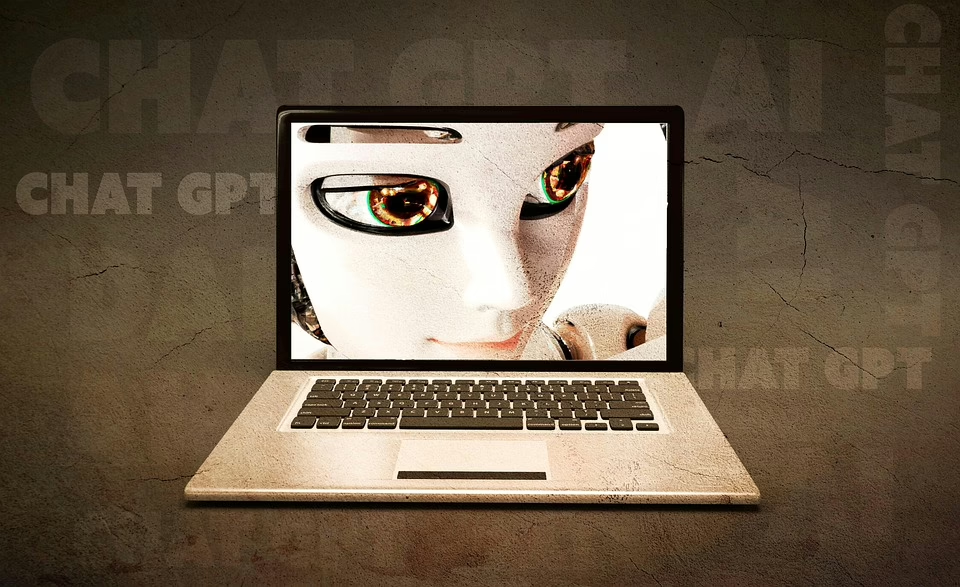
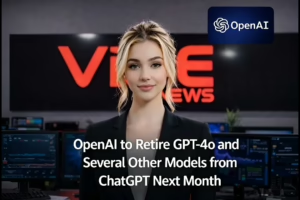
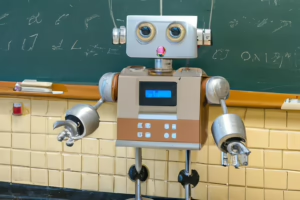
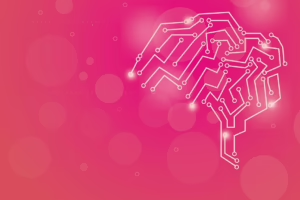
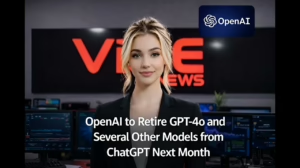
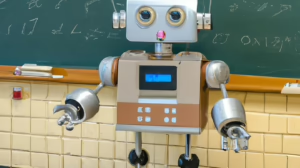
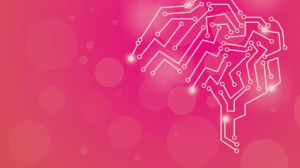




Add Comment